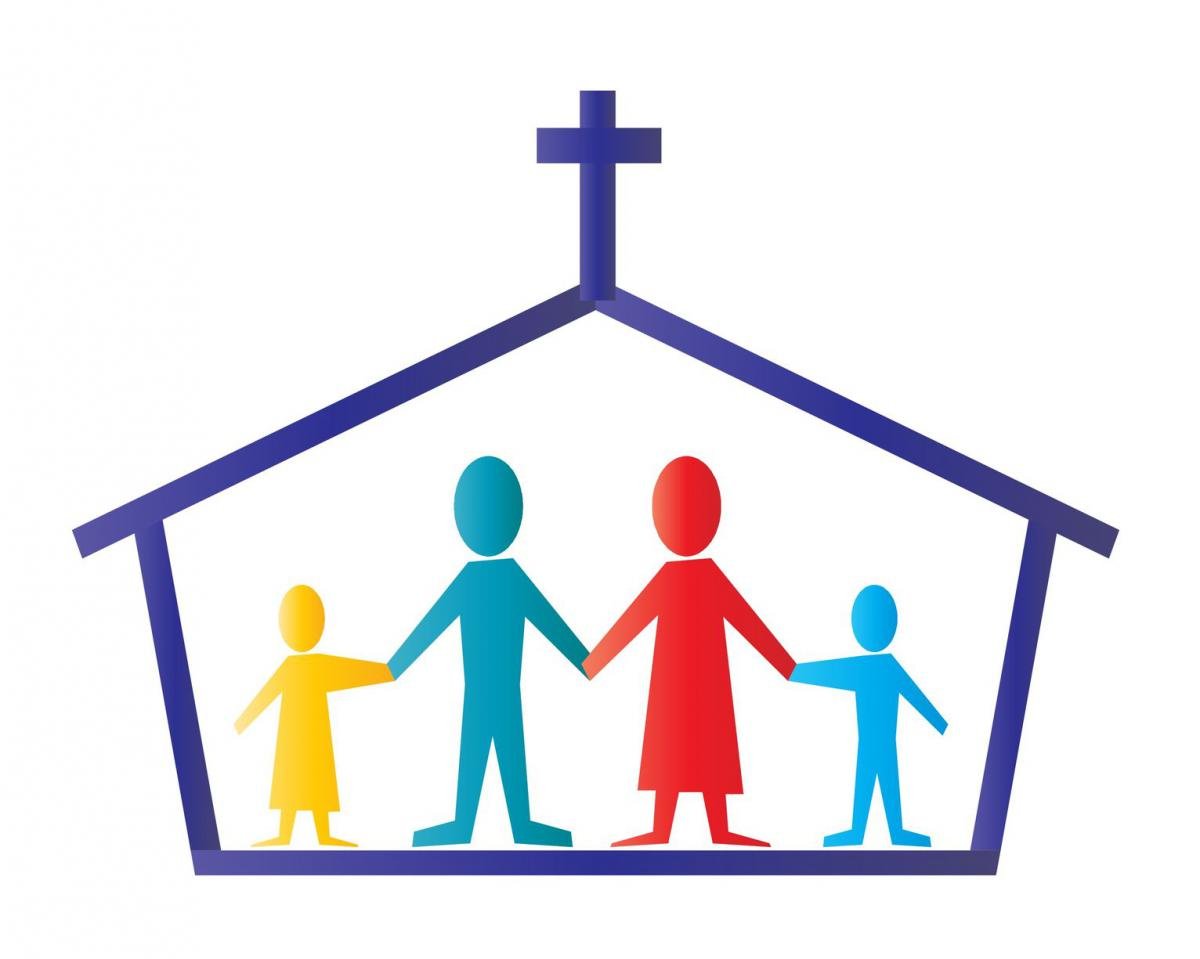Can I refinance my mortgage?
How do I repair my credit score?
Will I ever be able to purchase a home?
Simply stated, bad things happen to good people. Bankruptcy can be a complex and stressful process, and if you found yourself in a situation where bankruptcy was necessary, you know this to be true. What you need to know is that bankruptcy is not the end of your financial future; actually, this can be viewed as a new beginning and is the time to put together the next steps in your financial strategy.
First things first; understanding the differences between Chapter 7 and Chapter 13 bankruptcy. While a Chapter 7 (liquidation) is often discharged in a matter of months, a Chapter 13 (payment plan) often takes three to five years of monthly payment plans to reach discharge. However, after a year of on time agreed payments, homeowners in a Chapter 13 may be eligible to refinance, while Chapter 7 homeowners will have to wait two years from the date of discharge.
- Paperwork: Keep all bankruptcy documentation, (this is for your protection against creditors trying to collect old debts, disputing credit reports, in addition to needing documentation for future purchases).
- Credit Check: Keeping a primary residence during and after bankruptcy usually requires a homeowner to continue making on time monthly payments. You must continue to make all payments on time; this includes all expenses, not just your mortgage payment, but utilities, car loans and any other monthly expenses you may have kept after the bankruptcy. Start reviewing your credit score several months after your bankruptcy discharge confirming it states “discharged in bankruptcy”, and make sure all debt on your report is now correct, and dispute what is not.
- Budget: Budgeting is one of the most effective and proactive steps you can take to keep your finances in order. Identify any expenses that can be eliminated or reduced. Calculate your income and your outgoing debts and spend accordingly. Create good habits that help you make control of your spending decision-making and set your financial priorities.
- Savings: Small amounts add up in the long run, and building up some cash reserves will improve your chance of a home purchase and/or refinancing and also give you the comfort of saving for those surprise incidentals that life brings your way.
- Rebuild Credit: Focus on systematically rebuilding your credit over time; in this case—slow and steady really does win the race! Obtaining a secured credit card, (which uses money deposited in the bank for collateral for the credit), is simple to obtain and does not require a credit check. Multiple cards are not recommended, and be sure not use more than 20% of the credit available on your card. Continue to pay your bills on time; establish-ing auto pay and accounts to be paid electronically are helpful in keeping you on track.
- Benefits: Maintaining excellent credit after bankruptcy increases your chance of obtaining a home loan over time. FHA-insured loans are available in two years, with down pay- ments as low as 3.5%. They also feature very competitive interest rates, and the better you improve your credit score, the lower the interest rate will be.
Lastly, at United Faith Mortgage, we pride ourselves on our Christian Lending and family values. Our team will work tirelessly for you and your family in an effort to help you achieve your home financing needs. United Faith Mortgage: Where Biblical Values Meet Mortgage Lending.
(800) 411-4009
http://146.66.99.187/~unitedf5


